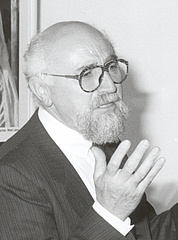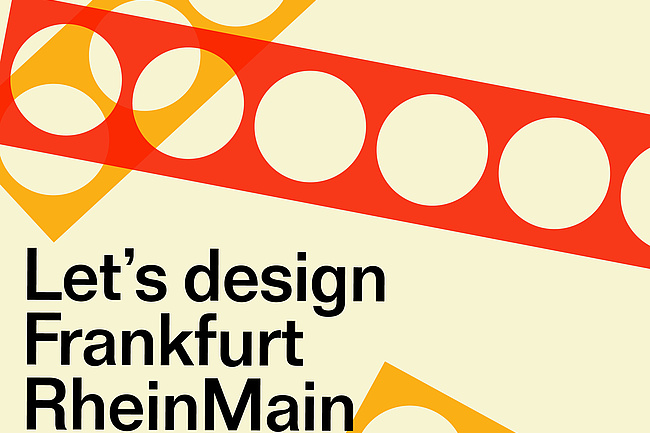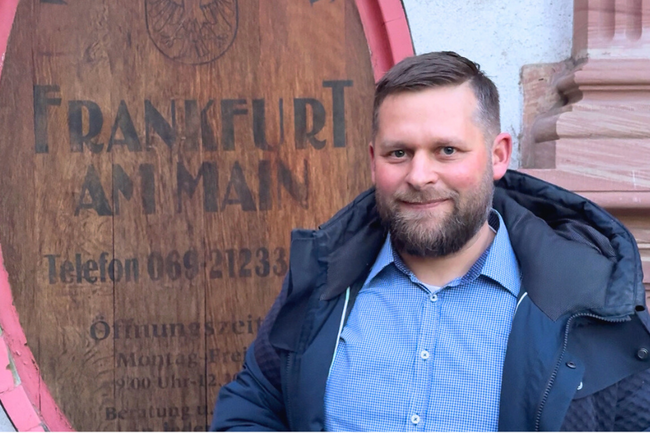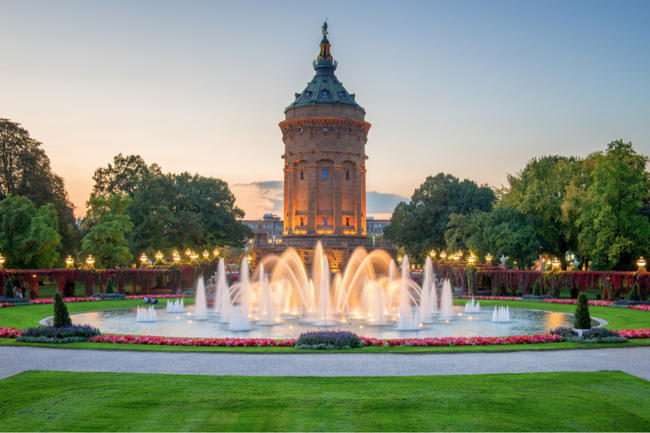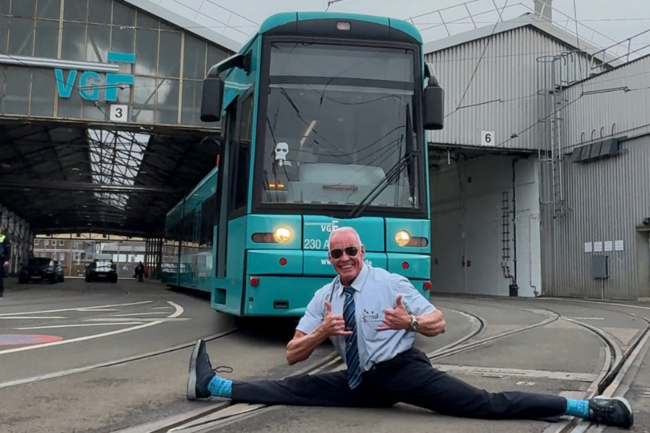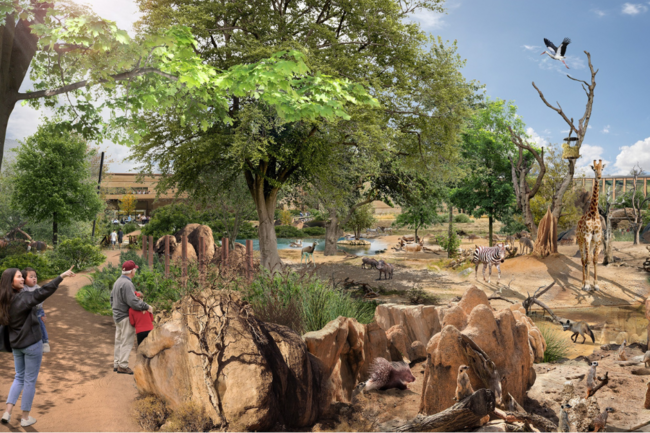On Monday, April 8, the former Director of the Weltkulturen Museum Prof. Josef Franz Thiel passed away at the age of 92, as announced by his family. Under his directorship from 1985 to 1998, the Weltkulturen Museum, then known as the Museum für Völkerkunde, underwent a significant period of change, during which he played a decisive role in shaping the museum's content as well as building up the infrastructure that is available today.
Head of Cultural Affairs Ina Hartwig remembers the life's work of the deceased: "Josef Franz Thiel had a lasting impact on the content and infrastructure of the Weltkulturen Museum during his time in office from 1985 to 1998. Without his commitment and his already modern approach to ethnological museum work, the Weltkulturen Museum would not have been able to develop its specific profile and work with contemporary art."
Dr. Eva Ch. Raabe, former director of the Weltkulturen Museum, and Dr. Mona B. Suhrbier, acting director of the Weltkulturen Museum, express their condolences: "Josef Franz Thiel always had his eye on the big picture. And that included people. This made him not only a driving force in terms of content, but also a promoter and a leader who always set an example of human values."
As a native Danube Swabian, born in 1932, Thiel experienced war, expulsion and internment as a child and teenager. In 1953, he joined the Steyler Missionaries (Societas Verbi Divini), a religious order that combines Christian missionary work with ethnological research. While studying theology as a novice at the St. Gabriel Missionary House, he also received ethnological training. After completing his studies, Thiel was sent to the then Republic of Congo as a missionary in 1961. In 1964, he studied sociology at the Sorbonne in Paris and received his doctorate in ethnology. He worked for the Anthropos Institute of the St. Augustin Mission House near Bonn as editor of the major ethnological journal Anthropos and managed the associated House of Peoples and Cultures Museum. After his habilitation in 1974, he also taught at the University of Bonn.
When Thiel was appointed director of the then Museum of Ethnology by the City of Frankfurt in 1985, there was only one building, the villa at Schaumainkai 29, with the exhibition space and a few offices set up in the attic above. The associated coach house, which was in need of complete renovation, housed the restoration workshops and most of the collections were stored in a non-air-conditioned industrial hall in the Osthafen. The scientific service consisted of two departments, the restoration department of only one. Step by step and year by year, Thiel single-mindedly expanded the spatial and personnel situation and thus the museum's scope for action. In general, Thiel attached great importance to the museum's academic profile and repeatedly acquired third-party funding for projects from the German Research Foundation. Finally, the two neighbouring villas on Schaumainkai were acquired and renovated and most of the collections were moved to a new, technically well-equipped storage facility in the east of Frankfurt.
Even after the originally planned new museum building could not be realized, he continued to work on the further development of the museum with undiminished commitment. Under his leadership, cultural comparison became established as a didactic method, which for a long time formed the basis of the exhibitions conceived in the Weltkulturen Museum on topics of general social importance. When Thiel declared non-European contemporary art to be a focal point of the collection in 1986, he set an important milestone for the museum's work in terms of content. Under his direction, Gallery 37 was founded in 1997, offering a platform to international artists who were not yet recognized by Western art museums at the time. This project was recognized by UNESCO as part of the World Decade for Cultural Development. Today, Gallery 37 no longer exists, as collaborations with contemporary artists and presentations of their works have become an integral part of all Weltkulturen Museum projects. However, the gallery exhibitions of the 1990s were highly regarded pioneering achievements that were rare in museum ethnology at the time and pointed the way for the further development of the Weltkulturen Museum.







